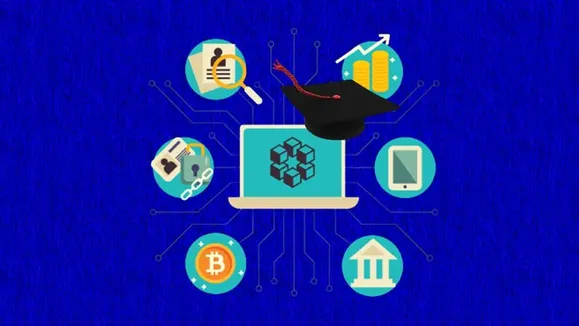
Imagine a world where your college experience includes not just the traditional lectures and textbooks, but also hands-on projects involving blockchain technology. This isn’t a futuristic scenario but a present reality at several universities. At the heart of this educational revolution are student associations, partnering with leading blockchain firms like Coreum to weave the fabric of future technologies into today’s curricula. As we delve into this narrative, let’s explore how these collaborations are not just about learning a new technology but are shaping the next generation of tech pioneers.
Empowering Innovation through Education
At the University of California, Irvine (UCI), the student-led Blockchain at UCI initiative, under the leadership of Anish Lathker, is making significant strides. Their efforts in publishing research, building on-chain solutions, and educating future developers are critical for the web3 ecosystem’s growth. Lathker’s vision extends beyond the classroom, aiming to create a community where students can innovate, create, and contribute to real-world blockchain applications. This initiative is a beacon for universities worldwide, demonstrating the profound impact of integrating blockchain into educational programs.
Coreum, on the other hand, stands at the frontier of blockchain development, with a focus on enhancing network performance. Their commitment to open-source development and on-chain bounties for students is a game-changer. By encouraging practical involvement, Coreum is not just fostering innovation but is also ensuring that students gain valuable, hands-on experience. This symbiotic relationship between students and the blockchain industry is pivotal for nurturing a well-equipped workforce ready to tackle future technological challenges.
Breaking Down Barriers with Blockchain
The De University of Ethereum (UETH) is pioneering the democratization of blockchain literacy. With the launch of AI-powered learning tools, UETH is making blockchain concepts more accessible to a global community of students. Their open-source approach to educational materials encourages widespread collaboration and impact. Events like ETHDenver play a crucial role in this ecosystem, providing students with a platform to explore Web3 technology solutions and earn recognition for their innovations. This initiative is a testament to the power of education in breaking down barriers and fostering an inclusive, tech-savvy community.
Furthermore, the integration of blockchain technology into university curricula is not limited to computer science departments. From projects supporting African farmers to the gamification of the world with bitcoin, blockchain is finding its way into diverse fields. This interdisciplinary approach not only enriches students’ learning experiences but also opens up new avenues for blockchain applications in solving real-world problems.
Cultivating a Future-Ready Workforce
The collaboration between student associations and industry leaders like Coreum is laying the groundwork for a robust, future-ready workforce. By equipping students with the skills and knowledge to navigate the blockchain landscape, these initiatives are bridging the gap between academia and industry. The emphasis on practical involvement and real-world applications ensures that students are not just passive learners but active contributors to the blockchain ecosystem.
The impact of such collaborations extends beyond individual students and universities. They are pivotal in driving innovation, fostering economic growth, and ensuring that the next generation of technologists is ready to face the challenges of the digital age. As blockchain technology continues to evolve, the role of education in preparing students for this dynamic field cannot be understated.
In a world where technology is ever-changing, the partnership between student associations, universities, and industry leaders like Coreum is a beacon of hope. It exemplifies how collaboration and education can pave the way for innovation and growth in the tech sector. As these initiatives continue to expand, they promise to shape not just the future of education but also the future of technology itself.

